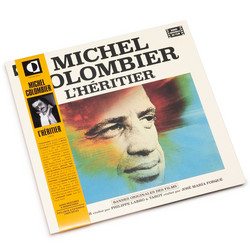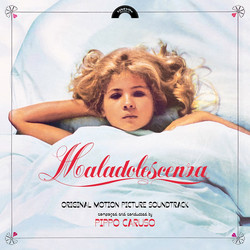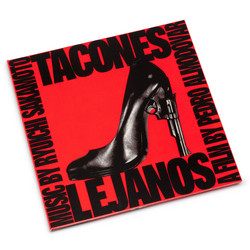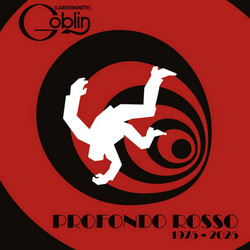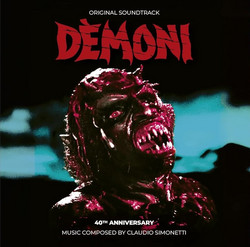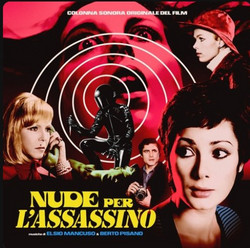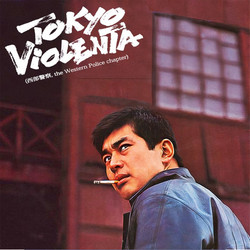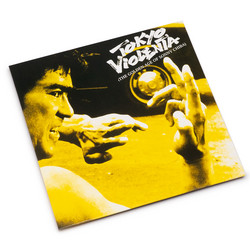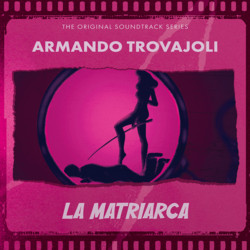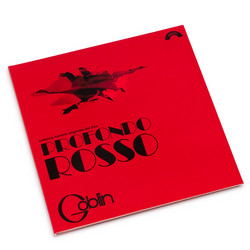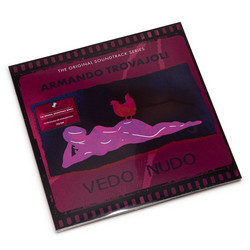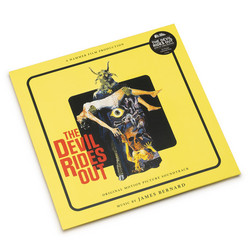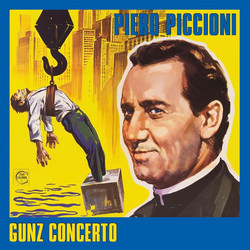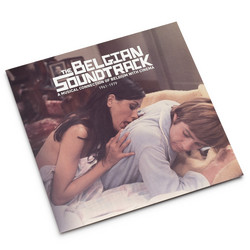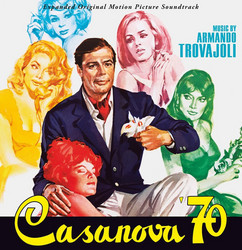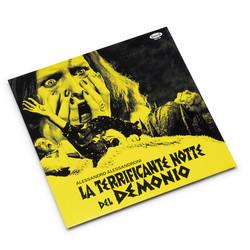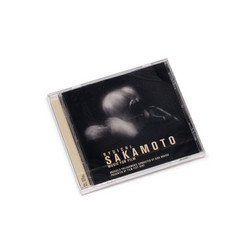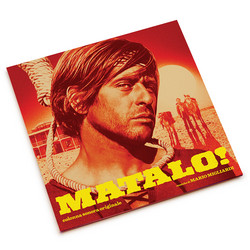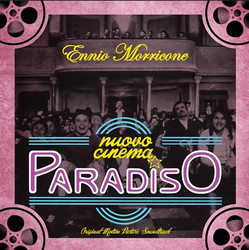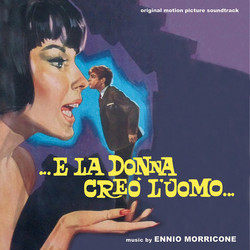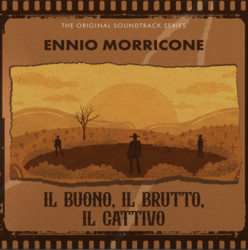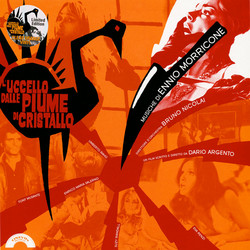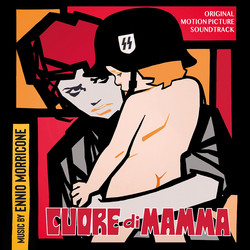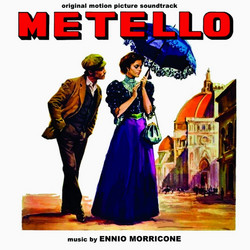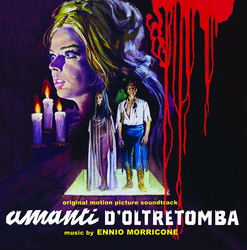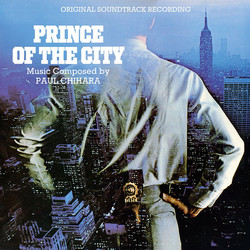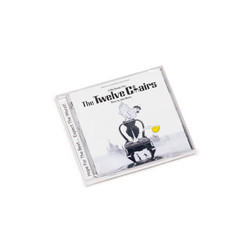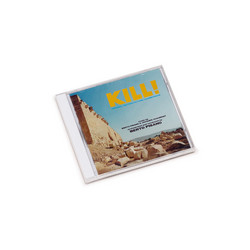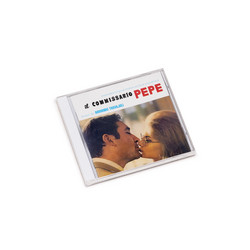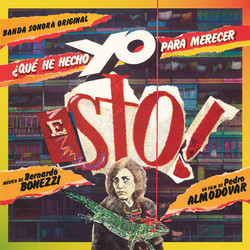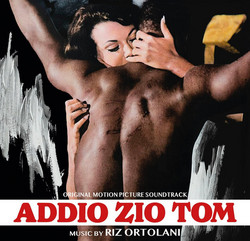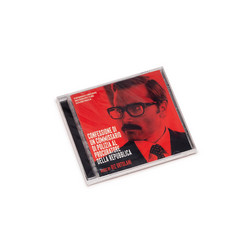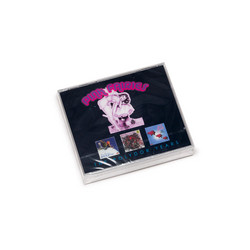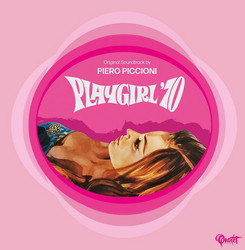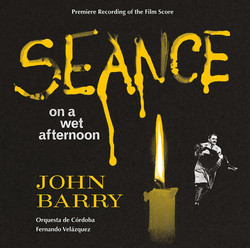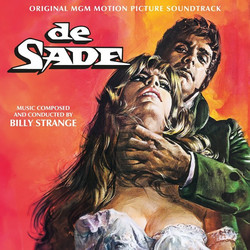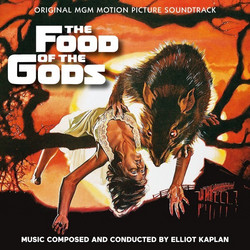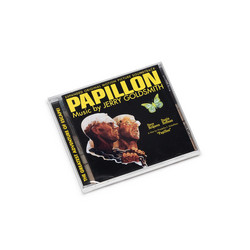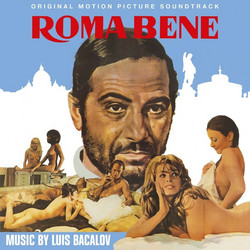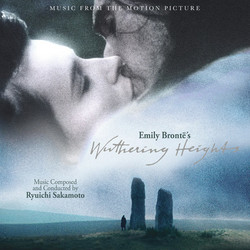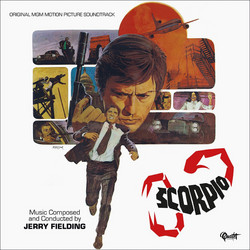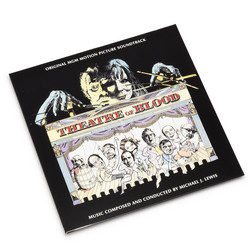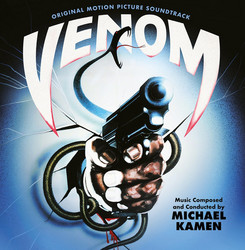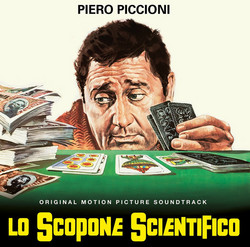Quartet Records, in collaboration with Universal Music Publishing Italia and EMI Music Publishing, presents a meticulously remastered reissue of Ennio Morricone's fascinating score for Folco Quilici's Oceano (1971), a pseudo-documentary film that stands as one of the most unique and spiritually profound projects in both filmmakers' careers. This definitive release showcases Morricone at his most experimental and meditative, creating what may be his most transcendent work for cinema. The film follows the epic journey of Tanai, a young Polynesian who embarks on a search for the island of his dreams. His voyage from Polynesia to Alaska aboard a tiny, fragile raft becomes both a physical odyssey and a spiritual quest, guided by the ancestral voices that speak to him across the vast Pacific. This narrative framework provided Morricone with an extraordinary canvas for one of his most ambitious and unconventional scores.
Ennio Morricone's score for Oceano represents a radical departure from traditional film scoring, seeking instead to merge nature with mythology in a work that breathes, vibrates, and transmits pure emotional essence. The composition is characterized by its episodic and atmospheric structure, abandoning conventional narrative development in favor of an evocative soundscape that functions as a sonic meditation on humanity's relationship with the natural world. The composer's instrumental palette draws on resources that recall a primitive, spiritual component rarely heard in Western film music. Morricone employs tribal percussion including tablas and bongos, solo woodwinds featuring flutes and clarinets, classical guitar, sitar, clanging metal, and harp. This fusion of timbres creates an unconventional orchestral language that transcends cultural boundaries, reflecting the universal nature of Tanai's spiritual journey.
Morricone expressively sets to music abstract concepts associated with wind and nature, creating sound textures that construct Tanai's intimate psychological landscape. Through his masterful orchestration, listeners can literally hear the sea, feel the air roaring over the sail of his canoe, sense the danger lurking in the ocean depths, and experience the protagonist's profound loneliness. The music becomes another character in the narrative, giving the film a lyrical dimension that complements and transcends the visual element. This score represents Morricone's most successful attempt at creating what he called "absolute music" - compositions that function beyond their narrative context to become gateways to meditation on the mystery of the sea and existence itself. Through his unmistakable yet constantly evolving style, Morricone invites listeners to immerse themselves in a world of introspection, beauty, and silent emotion that speaks to the deepest aspects of human experience.
The release history of Oceano reflects both the work's artistic importance and the challenges of preserving experimental film music. The original 40-minute program was released on vinyl in 1971 in both Italy and Japan, with both LPs quickly becoming highly sought-after collector's items due to their limited pressing and the score's unique nature. The rarity of these original releases made the music largely inaccessible for decades.
The digital age brought renewed attention to this masterpiece. RCA reissued the same program on CD in 1993, paired with Morricone's score for L'Avventuriero, introducing the work to a new generation of listeners. However, this release still represented only a portion of the music Morricone had created for the film. The breakthrough came in 2010 when GDM released the complete 70-minute score featuring all the music recorded by Morricone for Oceano. This comprehensive release revealed the full scope of the composer's vision, including previously unheard cues that deepened understanding of his conceptual approach. The edition quickly sold out, becoming another collector's item and demonstrating the enduring appeal of Morricone's most spiritual work.
This Quartet Records reissue is based on that complete GDM edition, supervised by Dániel Winkler and Claudio Fuiano, and entirely restored and remastered by Chris Malone from the original master tapes. Malone's restoration work is particularly crucial for this score, as the subtle timbral relationships and spatial elements that define the music require the highest audio quality to be fully appreciated. The beautiful package includes comprehensive liner notes by Miguel Ángel Órdóñez, providing essential context for both the film's unique production and the score's place within Morricone's vast catalog. Órdóñez's insights illuminate the spiritual and philosophical dimensions that make Oceano such a singular achievement in film music.
